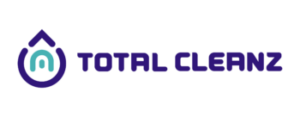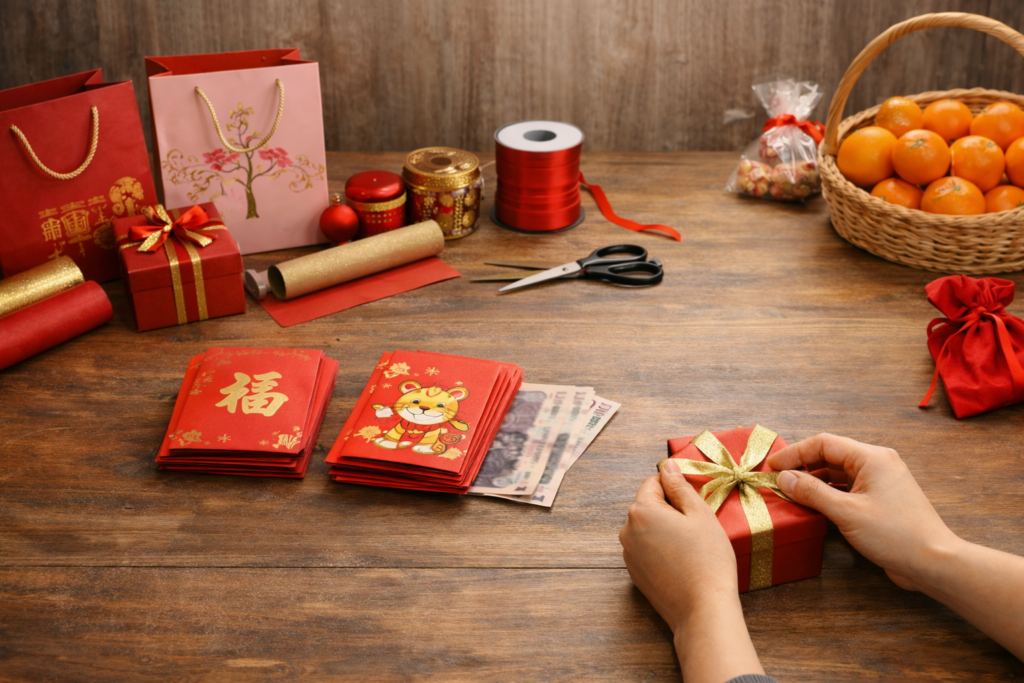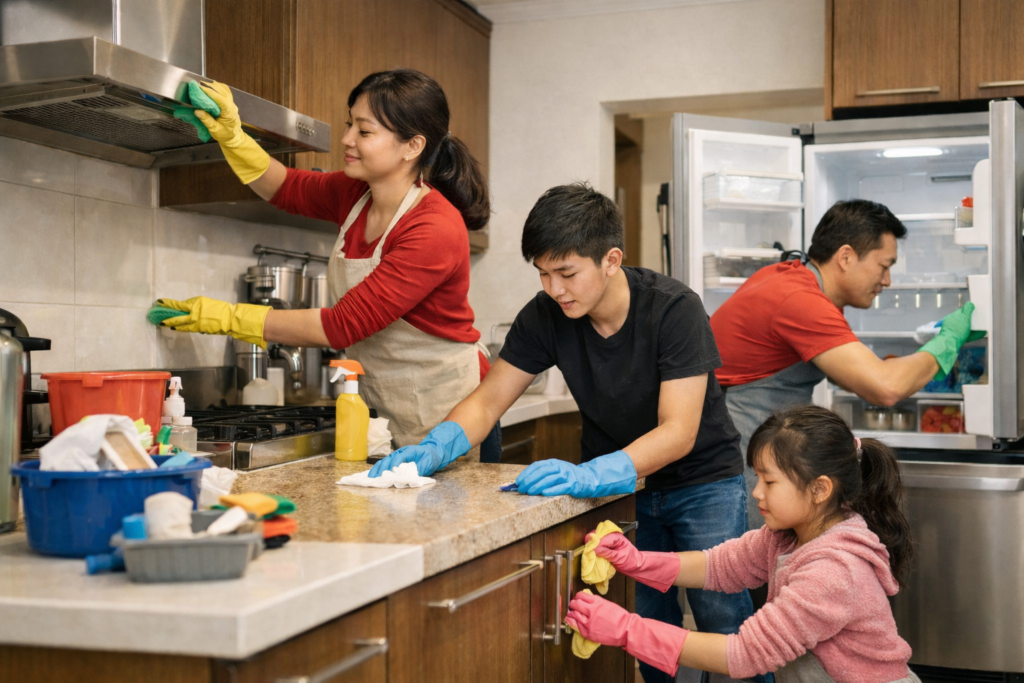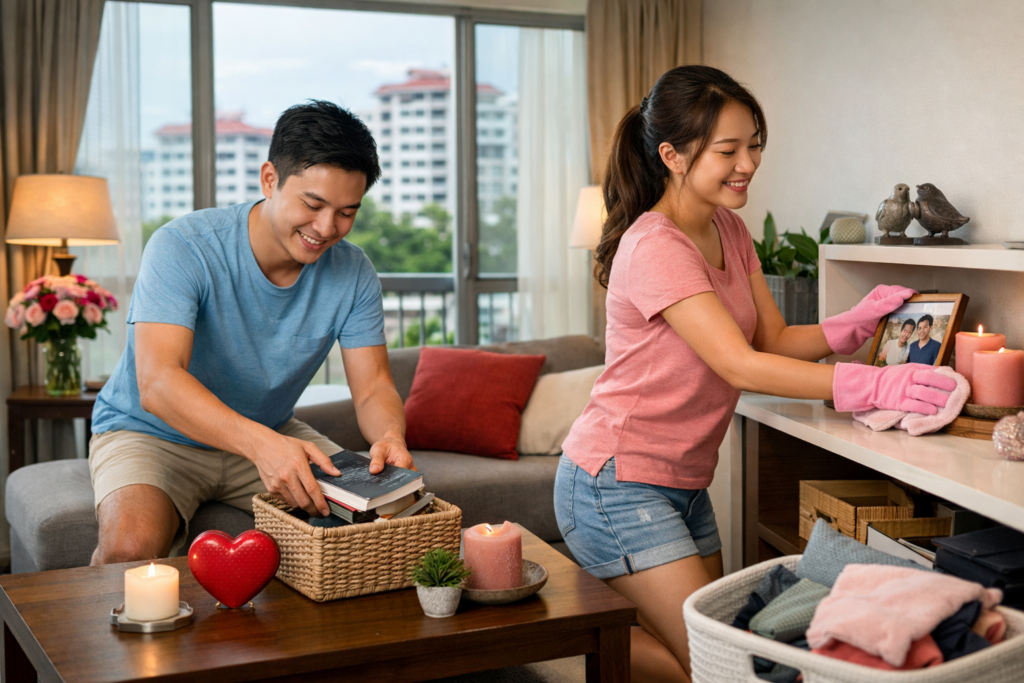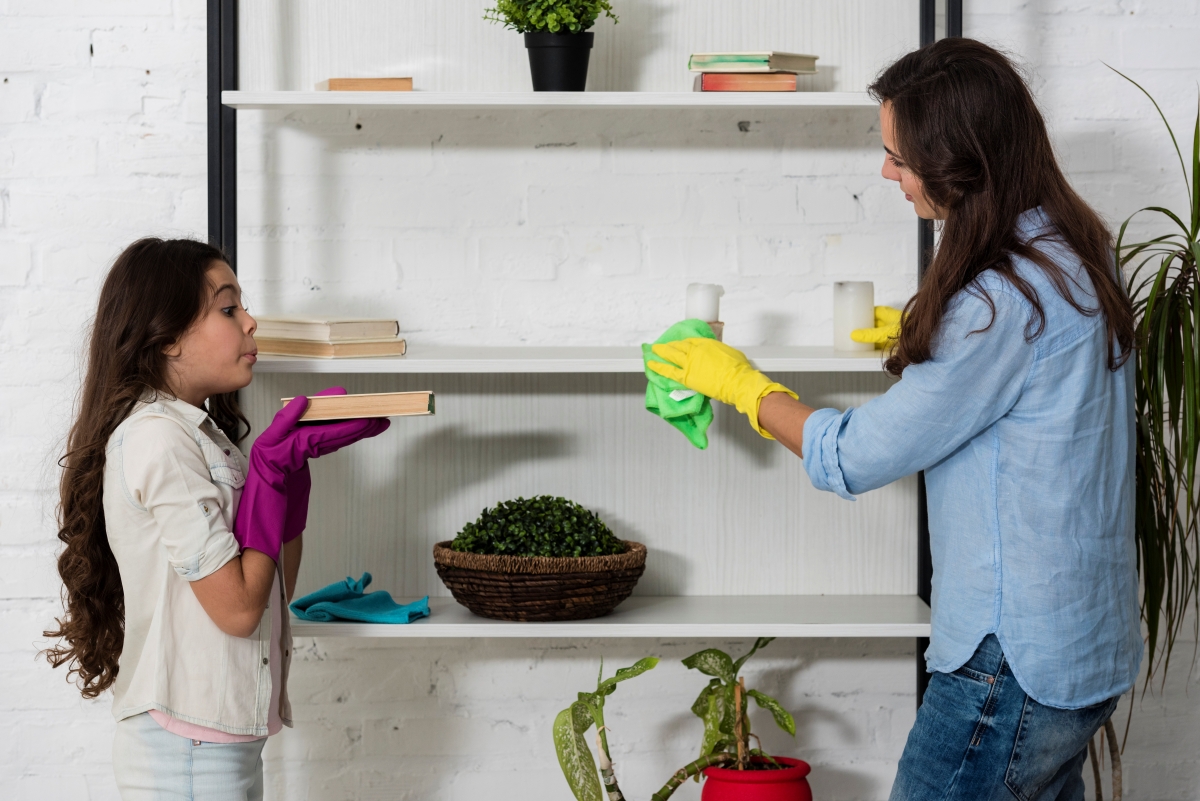
Many families in Singapore are beginning to recognise how the cleaning products they use shape both daily well-being and the environment around them. In a country where humidity is high and living spaces are compact, making the wrong choices can exacerbate asthma, irritate the skin, and contribute to long-term pollution. Bleach and ammonia are known for cutting through dirt quickly, but they can leave behind strong odours and residues that aren’t good for people or pets. A gentler approach is to use cleaners made from natural ingredients, which still do the job but without the same risks.
This guide examines practical ways to clean more sustainably, from the products you purchase to the tools you use, and even the challenges unique to Singapore’s climate. Whether you mix up your own cleaners or hire a service, the goal is the same: a safer home and a healthier environment.
What Makes Cleaning Truly Eco-Friendly?
The term eco-friendly is often used loosely. Genuine sustainable cleaning is built on three key pillars:
Criteria | What It Means | Why It Matters |
Non-toxic, plant-based, biodegradable products | Cleaners derived from natural sources like enzymes, citrus, or coconut oils | Safer for children, pets, and the elderly; breaks down without polluting waterways |
Energy & water-efficient tools | Steam cleaners, HEPA vacuums, water-saving mop systems | Reduces household utility consumption and carbon footprint |
Verified eco-certifications | Singapore Green Label, NEA-approved products, EU Ecolabel | Protects consumers from greenwashing and ensures credibility |
Eco-Friendly Cleaning Products You Can Trust in Singapore
Plant-Based & Enzymatic Cleaners
Plant-based and enzymatic cleaners rely on naturally derived ingredients such as fruit enzymes, essential oils, or coconut-based surfactants. Unlike bleach or ammonia, they break down grease and dirt without leaving harmful residues. In Singapore, eco-conscious households are increasingly opting for local options, such as Green Kulture, renowned for its refillable stations and biodegradable formulas; SimplyGood, which offers concentrated tablets that minimise packaging waste; and ZeroYet100, which combines plant extracts with sustainable packaging. These cleaners are particularly effective in kitchens and bathrooms where grease and soap scum accumulate, and they are safe around children and pets.
Pantry Staples for DIY Cleaning
Traditional household ingredients can serve as powerful, low-cost eco-cleaners. For example, vinegar not only disinfects but also neutralises odours in humid spaces. Baking soda works as a gentle abrasive suitable for scrubbing sinks and stovetops without scratching surfaces. Lemon juice acts as a natural degreaser, leaving a fresh scent, and is ideal for cutting through the oily residue common in Singaporean kitchens. By combining these staples, homeowners can create multipurpose cleaners at a fraction of the cost of commercial brands.
Trusted International Brands
Internationally recognised eco-brands are also available in Singapore. Euclove (Australia) produces plant-based cleaners infused with essential oils, designed to tackle mould and mildew in humid climates. Ecover is well-known for its biodegradable ingredients and refill programmes that reduce plastic waste. Method offers non-toxic, effective multi-surface sprays in attractive, recyclable bottles, making them popular among younger, eco-conscious households. Each brand provides an alternative to harsh chemical cleaners while maintaining performance standards.
How to Read Product Labels
Eco-friendly does not always mean safe. Shoppers should carefully inspect product labels and avoid common harmful ingredients such as parabens, sulphates (SLS, SLES), ammonia, phosphates, and synthetic fragrances. Look instead for terms like “biodegradable,” “plant-based,” and certification marks such as the Singapore Green Label or EU Ecolabel.
Sustainable Cleaning Equipment & Tools
Eco-conscious cleaning extends beyond liquids and sprays to the tools we use. Disposable wipes, for instance, generate significant plastic waste, whereas reusable cloths made from cotton or bamboo fibre can be washed and reused hundreds of times. Microfibre cloths remain popular for their efficiency, but buyers should note that they shed microplastics; bamboo or hemp alternatives are a more environmentally friendly option. HEPA vacuums are essential in Singapore’s humid climate, as they effectively trap allergens, mould spores, and dust mites. For chemical-free sanitisation, steam cleaners provide deep cleaning of floors, tiles, and even mattresses. To conserve water, modern mop systems now come with wringers and water-saving mechanisms that clean effectively with less liquid.
Where to Buy Locally
Eco-friendly products and tools are increasingly accessible in Singapore. Mustafa Centre offers a broad range of affordable eco supplies, while NTUC FairPrice stocks both local and international green brands. For bulk refills of detergents and soaps, Scoop Wholefoods is a convenient option. Finally, The Green Collective specialises in sustainable lifestyle products, providing everything from cleaning liquids to reusable household tools.
Eco-Certifications & Standards in Singapore
Certifications serve as a guarantee that a product or service meets stringent standards for sustainability and safety. In Singapore, the most recognised is the Singapore Green Label, issued by the Singapore Environment Council, which confirms that the product has met local eco-standards. The National Environment Agency (NEA) also provides guidelines and regulations, especially for professional cleaning companies. For imported products, marks such as the EU Ecolabel, USDA Organic, or EcoLogo provide additional assurance that the product meets global environmental standards. Highlighting these certifications in marketing and product packaging helps consumers distinguish genuine eco-products from those that are merely greenwashed.
DIY vs Professional Eco-Cleaning: Which Is Right for You?
DIY Eco Cleaning
DIY cleaning appeals to cost-conscious households and those who want full control over the ingredients used in their cleaning products. Vinegar solutions, baking soda scrubs, and citrus-based degreasers can effectively handle day-to-day chores. The downside is that deeper cleaning, such as mould removal in bathrooms or dust build-up in upholstery, may exceed the power of DIY methods.
Professional Eco-Cleaning Services
For a more comprehensive approach, professional services like Tidyman, Green Maids, Greenland, and Picox Health provide trained staff and industrial-grade eco-products. These companies often highlight certifications, safe-for-family product use, and staff training in sustainable practices. Before hiring, consumers should ask direct questions: Which products do you use? Are they certified? How is staff trained? Transparency in these areas is crucial.
A Balanced Approach
The most practical method for many households is a hybrid: reserve DIY solutions for daily upkeep of surfaces and spills, and schedule professional eco-cleaning for quarterly deep cleans, post-renovation tidy-ups, or stubborn mould issues.
Singapore-Specific Eco Challenges & Solutions
Singapore’s climate and lifestyle create unique cleaning challenges:
Challenge | Eco-Friendly Solution |
High humidity and mould growth | Plant-based anti-mould sprays, HEPA dehumidifiers, and natural ventilation strategies |
Grease from frequent hawker food | Coconut or citrus-based degreasers tailored to oily residue |
Limited flat storage space | Multipurpose cleaners, compact steam mops, and reusable collapsible tools |
Long-Term Benefits of Eco-Friendly Cleaning
Eco-friendly cleaning brings layered benefits:
- Health: Reduces allergens, respiratory triggers, and chemical exposure for vulnerable groups like children, pets, and the elderly.
- Environment: Cuts down on plastic waste, prevents harmful chemical runoff, and lowers energy consumption.
- Financial: While initial investments in reusable tools or HEPA vacuums can be higher, the long-term savings from lower electricity and water bills, plus fewer disposable purchases, add up significantly.
Practical Starter Kit for Eco-Conscious Singapore Homes
Category | Essential | Estimated Cost (SGD) |
Multipurpose cleaner | Plant-based, refillable | $10 – $20 |
DIY basics | Baking soda, vinegar, lemon | $5 – $15 |
Cloths | Bamboo fibre or cotton reusable | $10 – $25 |
Equipment | HEPA vacuum or steam mop | $150 – $400 |
Accessories | Refillable spray bottles | $5 – $15 |
A starter kit enables households to transition to eco-friendly cleaning without feeling overwhelmed. By gradually phasing out chemical-based products and single-use items, families can establish a sustainable routine.
Conclusion
Switching to eco-friendly cleaning practices is not about radical change overnight. It’s about gradual replacement, choosing a refillable product today, a steam cleaner next month, and eventually engaging certified eco-cleaning services when needed. The shift benefits not only your household’s health but also Singapore’s collective commitment to sustainability.
By making smarter product and equipment choices, you can create a clean, safe, and sustainable home one step at a time. If you’re ready to take the next step, consider working with TotalCleanz to explore eco-friendly cleaning services specifically tailored to homes in Singapore.
